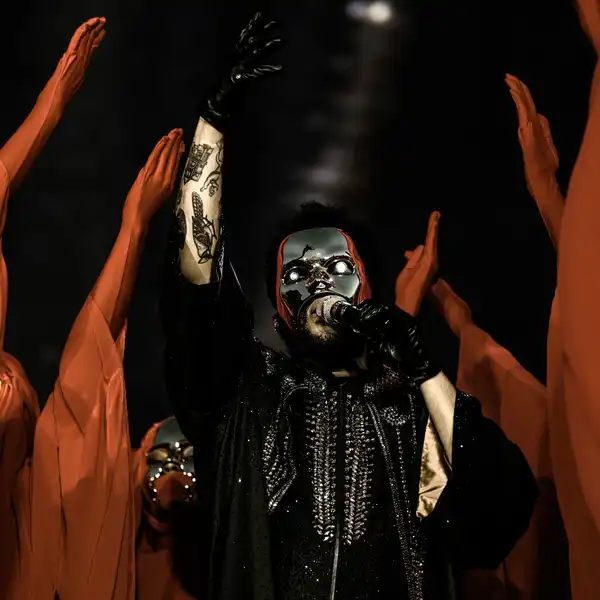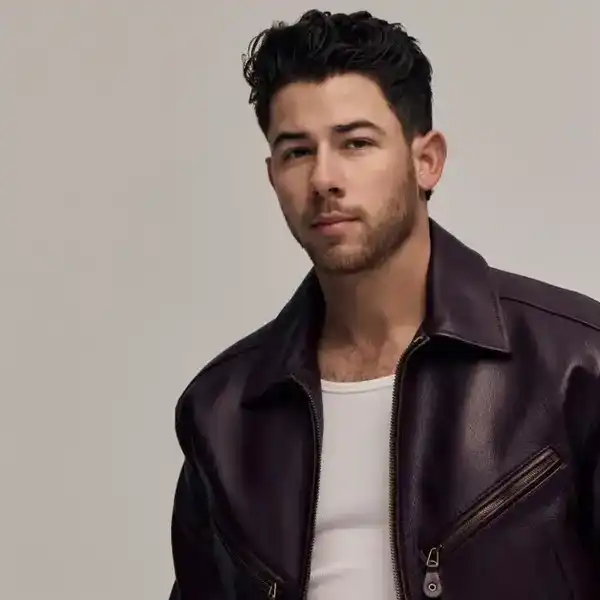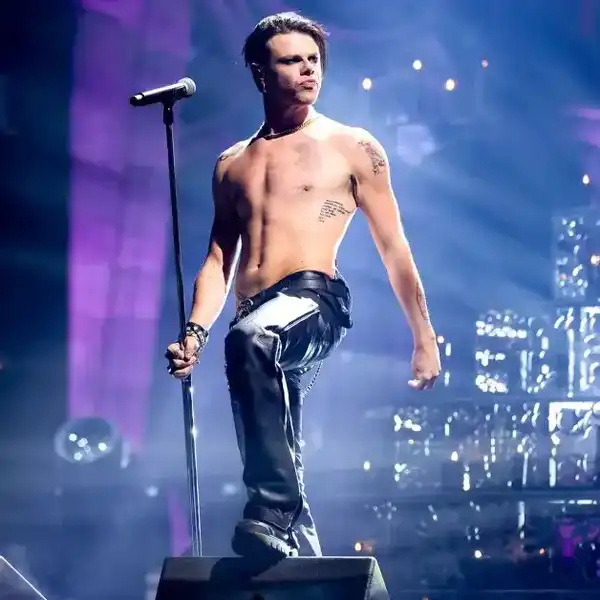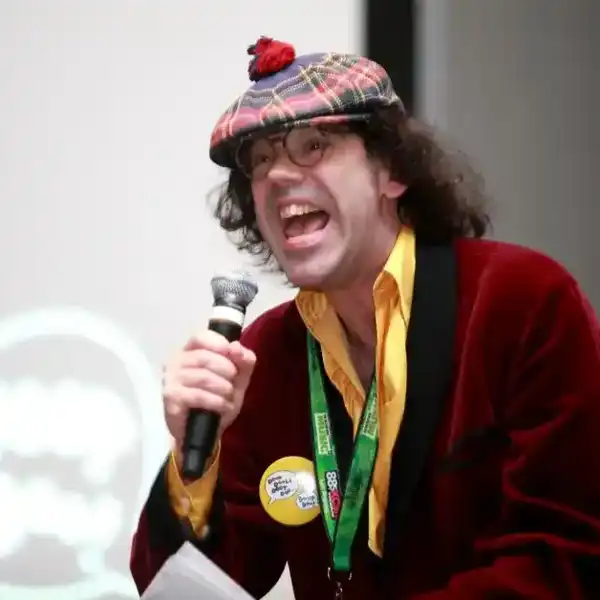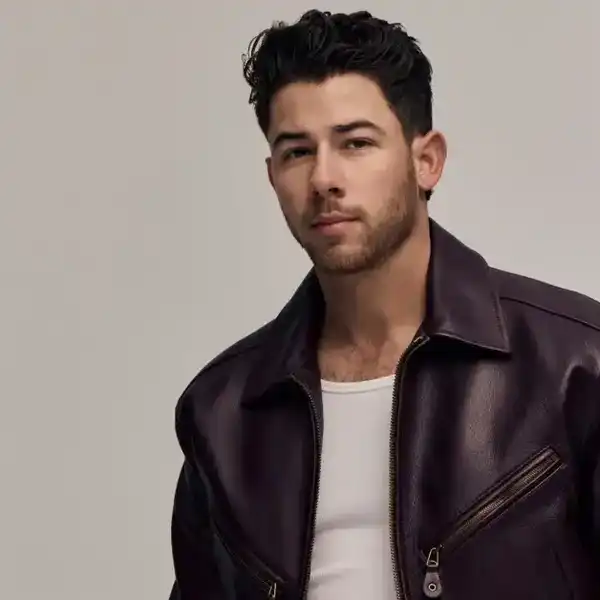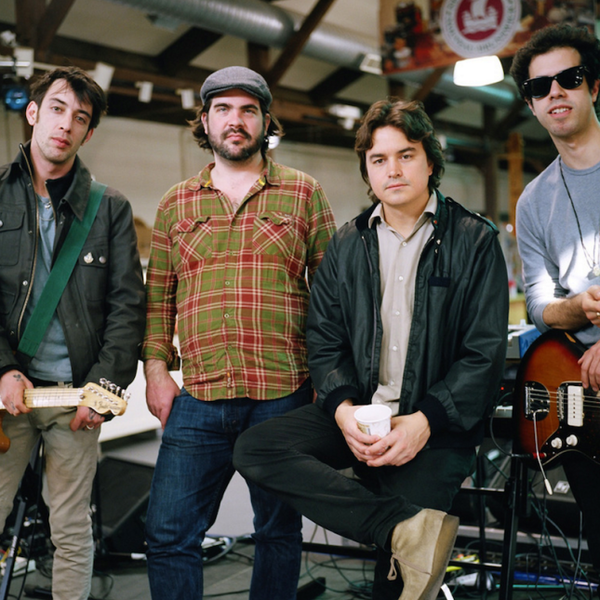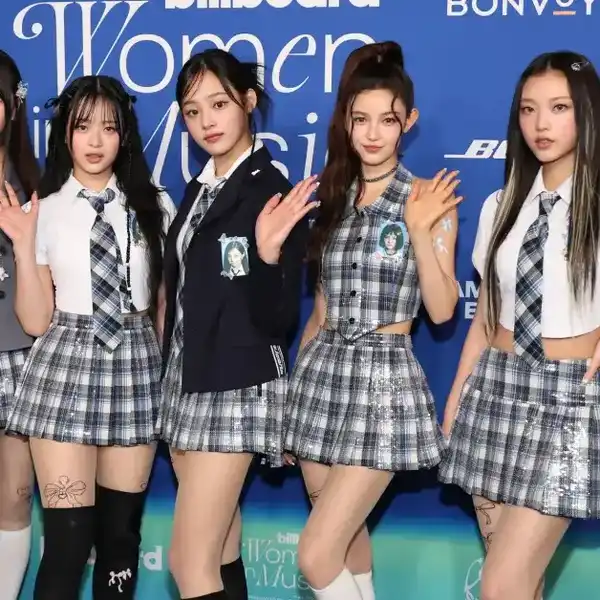CMW 2019 Friday Wrap
Robbie Robertson (pictured) offered anecdotes and pearls of wisdom during CMW 2019 Day Two while Dave Grohl and his Mom entertainingly pushed her new book. On the practical side, it seems that most pitches to investors came up empty and managers have a tough road when they decide to take on a client.

By FYI Staff
Day two of the Canadian Music Week Conference centered around the final day of Radio seminars and a combo pack of music topics. Some of the panel coverage includes venues, South Africa, the musical reality in the Palestine, hopeful pitches to investors and what the future music industry may look like - as well as interviews involving Dave Grohl, his Mom and - separately - Robbie Robertson.
9:50 a.m. - A Conversation With Tim Leiweke, King Of The Arenas
This Fireside Chat session brought Tim Leiweke back to the city upon which he had a significant impact as former CEO of Maple Leaf Sports and Entertainment. Along with Ticketmaster CEO Irving Azoff, he now heads Oak View Group, heavily involved in constructing arenas around the world.
"He has built more arenas than the Romans," quipped interviewer Larry LeBlanc.
Leiweke noted that both sports and music "represent our social need to celebrate," and that music now plays a huge role at most major arenas. "At Madison Square Garden, music brings in more revenue than the two sports teams they own," he stated.
He termed Toronto, "the most important city in the world for live music," based partly on the impact of promoters Michael Cohl, Arthur Fogel, and Michael Rapino ("the best executive I've ever seen.")
He claimed Seattle's new Key Arena "will be spectacular, the best arena ever built," and is bullish about the future: "Live music will continue to prosper, so let's build great facilities."
While saying he admired what StubHub has done with technology, Leiweke pledged to attempt to regain some of the estimated (U.S.) $2B spent in the secondary ticketing market. (Kerry Doole)
10:35 a.m. – Spotlight On South Africa
Moderator Alan Cross set the stage by declaring, “This is South Africa’s first visit to Canadian Music Week and South Africa is open for business of music,” but admitted that some education was needed to understand how the country can serve as “a gateway to the continent.”
While South African trailblazers like Miriam Makeba, Hugh Masekela and Ladysmith Black Mambazo have made a global impact, the South African leaders on the panel – among them Antos Stella of Content Connect Africa and Billy Domingo of espAfrika/Cape Town International Jazz Festival, Mpumi Phillips of Sheer Music Publishing and SJN Agency founder and Business Development Africa rep Sarah-Jane Nicholson - say there should be more opportunities for reciprocity abroad for their native musicians.
“If you look at what Nigeria has done with the afro-beat sound, it has become synonymous with the continent and across the world. South Africa should have the same opportunity. Drake has been to South Africa two or three times. It would be great to have the same opportunities for South African artists in Canada,” said Sarah-Jane Nicholson. (Bill King)
10:35 a.m. Warner Music Group – You Ain’t Seen Nothing Yet
This thought-provoking presentation featuring Scott Cohen, Chief Innovation Officer, Recorded Music, began its run by showing how much the music business had changed over the past 50 years – but he did it in 10-year chunks.
The evolution was stupefying, in terms of how drastically the industry has evolved, especially in terms of how quickly technology appeared and then suddenly became obsolete. All this occurred before he even got to the meaty part of his speech.
So where are we now? Well, Cohen says streaming has made sales projection predictability moot, and while he has no accurate crystal ball, certain conclusions regarding the future may be assumed with technologies like Artificial Intelligence, blockchain, AR, MR and VR leading the way...although Cohen admitted that, currently, “VR content is shit.”
“I want the virtual part, not the reality part, ” he stated. “I want to do stuff in virtual reality that I can not do in real life. I want my mind blown.”
Cohen generally said that he expects that VR will eventually be great, but he couldn’t pinpoint an exact timeline or description of when it would arrive or what it would look like. But….he said…it’s coming. (Nick Krewen)
11.50 am - The Robbie Robertson Interview
No figure at CMW 2019 was more prominent than Robbie Robertson: on Thursday night, he received a Lifetime Achievement Award at the CMBIAs.
Earlier, the Martin Scorsese documentary on Robertson and The Band - based largely on Robertson's well-received autobiography, Testimony – was announced and in this conversation with Denise Donlon, Robertson added that he's writing a second memoir ("my publisher said, 'you can't stop your life story at age 32'") and has just mixed a new solo album he's excited about ("we're on a roll now").
A gifted storyteller, though much of the material retreaded Testimony content, Robertson fascinatingly recalled the vibe on the historic Bob Dylan & The Hawks “folk goes electric” tour: “We're on the road and people violently hate it!"
He later stated that "I'm proud of Canada for leading this charge for reconciliation and respect for Indigenous people," though he overlooked the painfully slow progress of that process. Asked about the rise of Canadian Indigenous music artists, he steered the conversation back to his ground-breaking Music For The Native Americans and Contact From The Underworld Of Redboy albums from 20-plus years ago. Wonder if he's heard Snotty Nose Rez Kids?
His departing words of wisdom for aspiring artists? "Get out while you can. Success is crazy-making!" (Kerry Doole)
12:40 p.m. - Community & Audience Development: The Future of Influence and Engagement
“Don’t do cringe-y ho shit… unless you want to.” That was one memorable takeaway — no, actually, it was the most memorable takeaway — from this scattershot panel about, um, cultivating partnerships between established brands and cutting-edge influencers? Let’s go with that.
Long on profanity but lacking a coherent narrative arc, “Community & Audience Development: The Future of Influence and Engagement” featured some obvious paradigm shifters including Tessa Smith, executive producer of POP Montreal, and Jordan Sowunmi, co-founder of party purveyors Boosie Fade, to name two. But their insightful observations were undermined by endless sidebars, sub-references, quips, and one panelist (DJ Chippy Nonstop, by her own admission, up all night) who was kind of entertaining until she really seriously wasn’t. Ah well, they can’t all be winners. (Kim Hughes)
1:45 p.m. – A Very Special Q&A: David Grohl Interviews Virginia Grohl – Behind Every Successful Star Is…their Mom?!
Given that Dave Grohl is the ultimate rock and roll dad through his efforts to make a new generation care about the music, his mother Virginia is now the ultimate rock and roll grandma, something she’s proven with her recent book, From Cradle To Stage, which tells not only her story of supporting her son’s career path, but the stories of many other mothers of famous musicians.
Their appearance together—with Dave ostensibly conducting the interview—resulted in a nice Mother’s Day treat from CMW organizers, as the pair regaled the full room with a heartwarming trip down memory lane. Among the revelations that drew the most laughs were Dave’s botched audition for The King And I at age 8, and how customs officers regularly assume Virginia is carrying drugs for Dave whenever she goes on tour with him.
But the most potent message delivered was that the rock and roll moms Virginia has gotten to know share a bond through the self-sacrifice nearly all of them had to make, something Dave had to admit he’s now experiencing with his daughter. The one thing that hasn’t changed for him, he also admitted, is that it’s still terrifying to play knowing his mom is in the audience. (Jason Schneider)
3:05 p.m. Discovering Music On the Other Side of the Wall
What most of us in North America know about life in Palestine comes through news reports of the violence and repression in Gaza and the West Bank.
This was a great opportunity to get a rare and entirely different perspective from a group of young Palestinian musicians brought to CMW by respected Canadian music journalist Larry LeBlanc and the head of Cooking Vinyl, Martin Goldschmidt, also the driving force behind Palestine Music Expo (PMX), the first event to showcase artists from the region.
Each artist told powerful stories of the struggles they have faced, with Abed Hathot saying, “It’s still common for artists to be investigated for things they say on stage in Israel.”
Strongly feminist rapper Maysa Daw echoed that sentiment, explaining how she’s received responses to her music that have basically said, “if we were anywhere other than Israel, we would be killed for the kind of music we make.”
However, LGBTQ pop artist Bashar Murad struck a more hopeful tone about his well-received performances. “You can get important issues across under the guise of pop music,” he said. “It’s always my intention to show how open-minded and tolerant [Palestinians] can be.”
Certainly an eye-opening window into living conditions few can fathom, but proof that music builds great bridges. (Jason Schneider)
Friday 3.05 pm - The Manager's Panel: Music's Ultimate Multi-Taskers
With industry veteran Paul Farberman moderating skilfully, a high-powered panel of leading Canadian music managers plus Roc Nation’s Elena Awbrey assembled to discuss the multi-faceted role of a manager in front of a curious audience of artists and prospective managers.
Toronto promoter/manager Denise Jones (Exco Levi) noted that the artist/manager relationship "is based on how you carve it out. Managers have to play many roles, and this can be a 24/7 thing."
Halifax's 902 Hip-Hop‘s Melissa MacMaster, explained that "we act as an independent label too, working on artist development."
Starfish Entertainment‘s Susan de Cartier (Blue Rodeo) noted that she is realistic with her artists - "I tell an emerging artist they won't make money for five years."
Awbrey recommended that artists "find the person most passionate about your music so they will not misrepresent you."
Bernie Breen (The Tragically Hip) stressed that "it all starts and stops with trust that you'll represent the act in the right way. You can't go into every little nuance with the artist."
Sandy Pandya (Serena Ryder) urged those courting a manager to be creative: "One group sent me flowers. That was pretty fuckin' clever!"
More discussion of management contracts would have been helpful, though Breen touched on sunset provisions.
De Cartier had the best line: "'I'm sure all of us here are members of the screwed managers club!" (Kerry Doole)
3:55 p.m. PITCH & GET PAID: How to Get Investors to Cut You a Cheque
Moderated by LyricFind CEO Darryl Ballantyne, this unusual 95-minute panel planted the seeds of opportunity for four “finalists” who submitted entries for the chance to pitch their idea to a bunch of angel investors and venture capitalists.
On the floor, you had Panache Ventures’ David Dufresne, Metric’s Jonas Brandon, Good News Ventures’ Marat Mukhamedyarov, and SOCAN’s Mike King holding the purse strings and looking for attractive returns on investment.
And the most important thing they’re looking for: team, clarity of purpose, size of market and economic viability. If you end up receiving money and it doesn’t work out, most investors will accept the loss and move on – although one said he’d want his investment back.
Then it came down to the competitors, who were given six minutes to pitch their wares: LUCID’s Aaron Labbe and Zach McMahon offered a real-time music therapy platform related pitch; Side Door’s Laura Sampson (along with absent partner Dan Mangan) were looking to pitch a home concert network service to create shows for musicians spontaneously; Justin Kantor’s Venuepilot suggested a venue network type of deal and Whirled’s Charlie Macchia and Scott Barkley are looking to bring expressive musical note software to market.
And the winner was? Well, that was the frustrating part: the investor judges could have at least indicated they were interested in somebody’s project, but the clock ran out, leaving everyone in the dark as to the pitch verdict. And that made no cents for anyone. (Nick Krewen)


